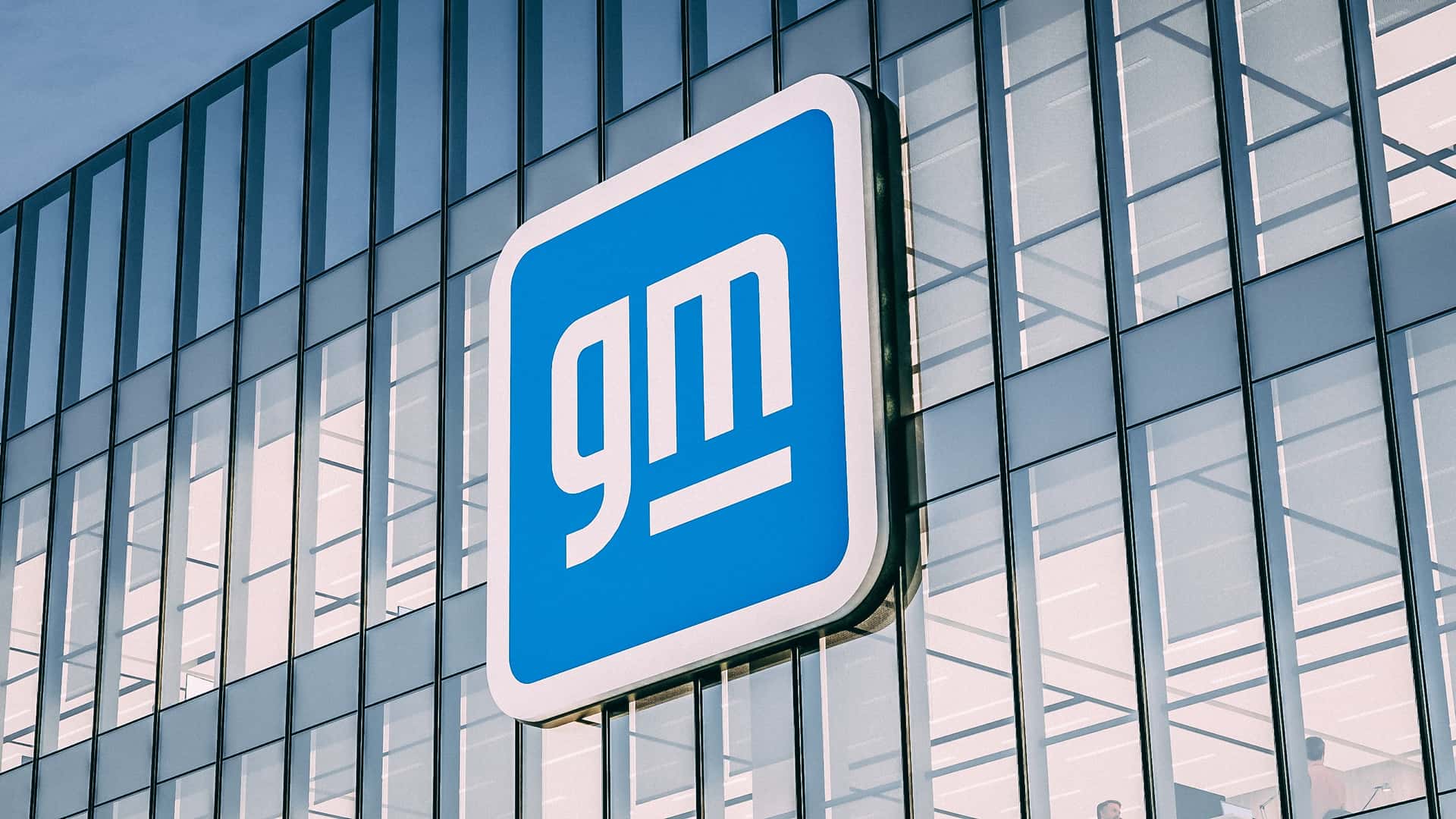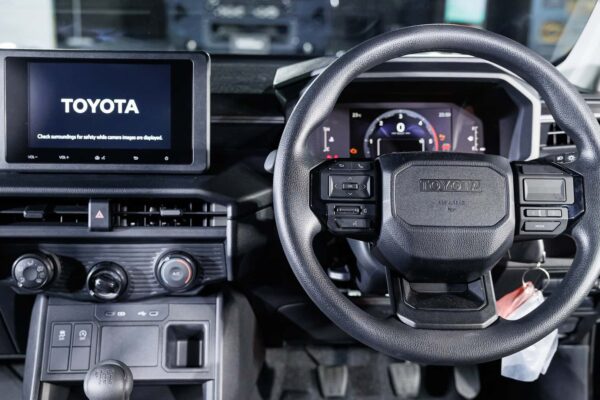On Tuesday, General Motors issued its financial results for the second quarter of 2025, and revealed a decrease in revenue of $ 1.1 billion on an annual basis. The blaming has been blamed directly on the customs tariff, as the company expects more revenues over the year.
Executive officials such as CEO Mary Barra Financial manager Paul Jacobson still appears to be in a positive mood during a profit call on Tuesday morning, as the team was interrogated by analysts on the constant impact of definitions on the minimum, as well as the changing demand for EVS after losing federal incentives.
The morale was high because General Motors won expectations, as it set record returns worth $ 91 billion for the first half of the year. This was due to the great demand in April and May, when consumers jumped the opportunity to buy new cars to overcome the high -tariff prices. SUVs led these fees, which is not surprising, as the company specifically referred to moderate sales, which jumped by 20 percent on an annual basis.
General Motors also indicated its success in the EV space. Chevrolet became the second sales number in the country during the second quarter, while the luxury brand Cadillac has become the five brand EV. Although the EV size is expected due to the loss of federal incentives, Barra maintains a positive anticipation of division.
Note Para:
Despite the growth of the slow EV industry, we believe that the long -term future is the production of profitable electric vehicles, and this is still our northern star. While we adapt to the change of demand, we will give priority to our customers and brands, flexible manufacturing manufacturing, and benefit from our local batteries investments and other profit improvement plans. “
The definitions are still a permanent threat, and although they are an American brand, General Motors is far from immunity. The company expects a total impact between 4 to 5 billion dollars this year, with an coming $ 2 billion from Korean automobile imports (GM is building Trailblazer, Trax, Encore GX, and Envista in Korea).
Execs says that the company should be able to reduce the effects of customs tariffs by up to 30 % thanks to the changes in the strategy, such as manufacturing modifications. But they also hurried to point out that these mitigation efforts would take time.



